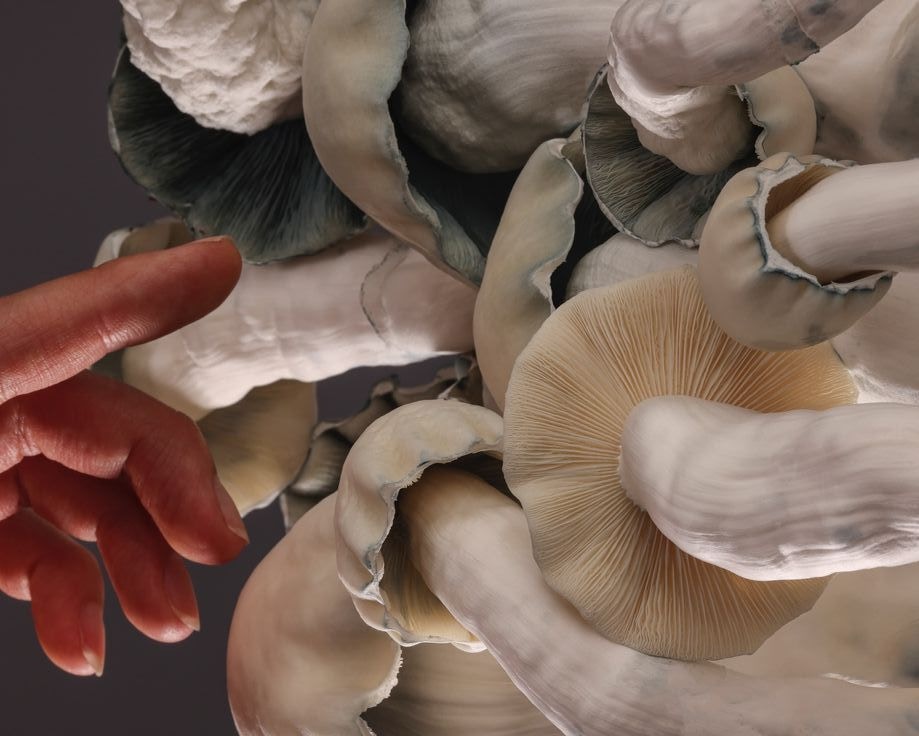
What’s the deal with shrooms?
Words by Emily Barasch
Over ten years ago, in my mid-twenties, I decided that mind-altering drugs (and alcohol) were no longer for me. My life at the time was weighed down by poor decisions and stagnation in nearly every area, and I’d had my fill. I’m happy with that choice; it gave me my whole life. Still, I’m only human, and I sometimes envy those who can healthily partake in moderation. When I became a mother a few years later, what I wasn’t prepared for was the growing role that psychedelics, particularly mushrooms, were beginning to play in the lives of my fellow moms.
Motherhood’s most discussed topic is the mental load, the logistical gymnastics that accompany the emotional, physical, psychological ramifications that come from mothering. And for most, it’s a seismic change; a brain filled to the brim with lists and worries and feats that need to be accomplished. Optimism and pessimism, future tripping and re-litigating the past. A forced revisiting of our own childhoods, the good and bad. It’s a lot in the physical world and it’s a lot in the noggin as well.
So it shouldn’t come as any surprise that many of us want to escape—briefly or a little bit longer than briefly. Some of us bury ourselves in work, in art, in the Bravo network. And for a small subset of mothers, the use of psilocybin mushrooms and other mind-altering psychedelics is on the rise. (Psilocybin mushrooms are not to be confused with functional mushrooms, often found in hot chocolate mixes at organic groceries, and are only legal for therapeutic usage in Colorado and Oregon. All names in this piece have been changed.)
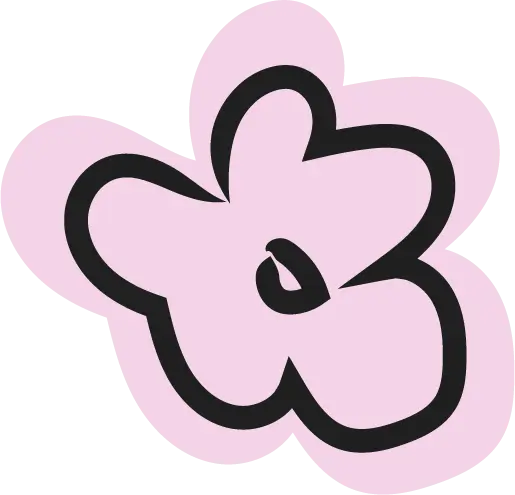
"So it shouldn’t come as any surprise that many of us want to escape—briefly or a little bit longer than briefly. Some of us bury ourselves in work, in art, in the Bravo network. And for a small subset of mothers, the use of psilocybin mushrooms and other mind-altering psychedelics is on the rise."

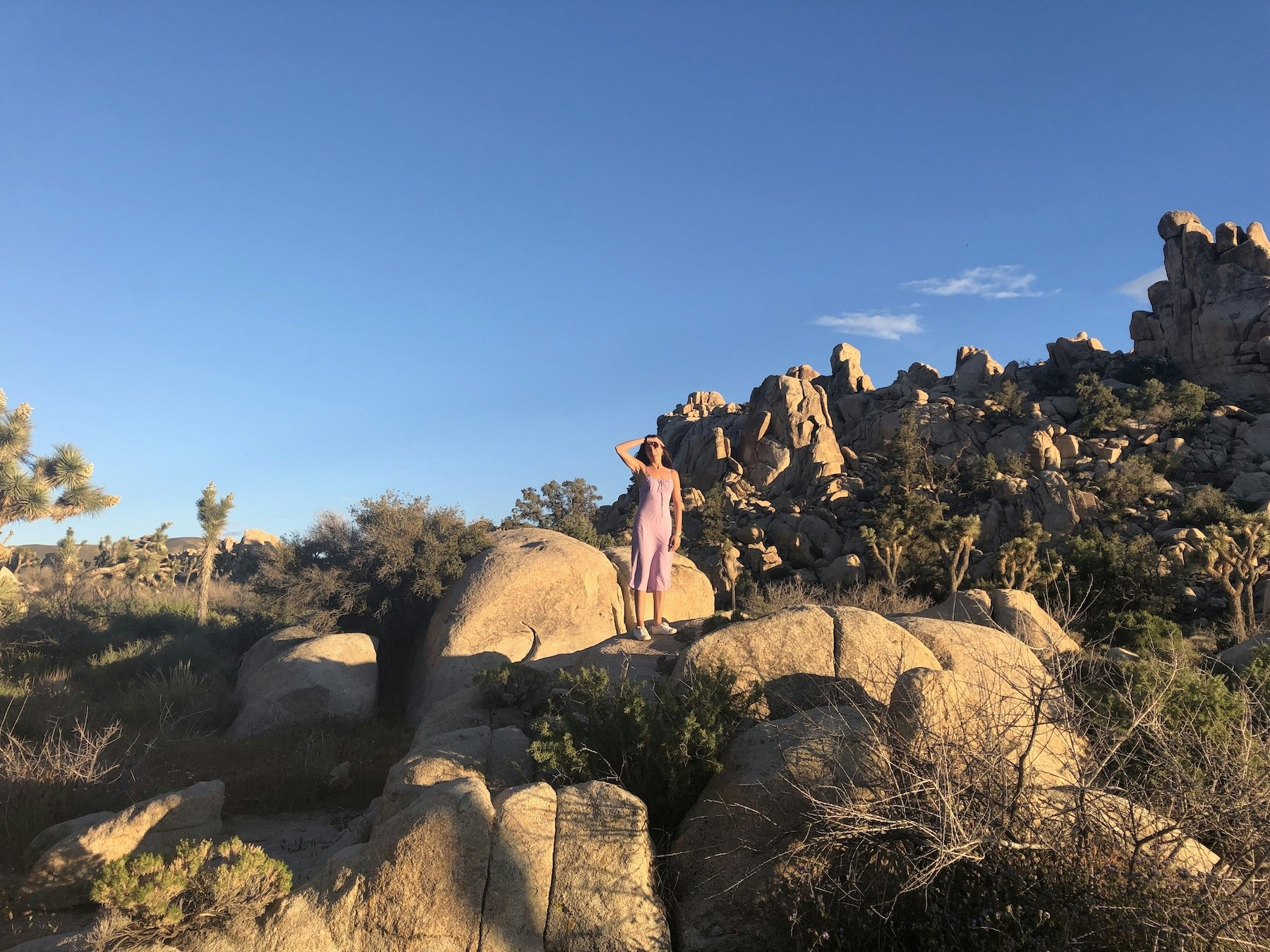
“People are coming to psychedelics with questions or concerns as mothers,” said Dr. Stephanie Colantonio, an integrative medicine specialist and mindfulness teacher who recently trained in ketamine therapy. “I think one of the biggest themes for the people that I've worked with so far has been a lot of questions about identity, especially with new moms. We change so much when we become mothers and want to reconnect with different parts of ourselves.” Dr. Colantonio notes that many patients use psychedelics to explore complex issues like family planning and IVF.
Alana is a Brooklyn-based mother of two who has always been a seeker, someone attracted to the spiritual side of things. That impulse led her to her first “journey” per a recommendation from another mom friend. She found herself upstate with a group of women and a trained facilitator. Everyone took a dose of psilocybin and MDMA and then put an eye mask on. The result was a highly intense trip and subsequent processing period that rendered her “awakened.”
About a year later, her youngest daughter suffered a febrile seizure. The episode was terrifying but her daughter recovered fully. Alana, however, did not. The event triggered a wave of anxiety that began to interfere with her ability to parent.
“I really needed help,” she said. “As soon as anyone got a cold, I was like, ‘Oh my God, are they going to have a seizure?’ And that thought would just hang over me like a cloud. I lost my ability to be present, loving, or patient.”
To cope with the aftermath, she decided to do another journey with psilocybin. This time, solo, with a facilitator in Manhattan. The six-hour trip was deeply healing. “I got right with the universe again and rebuilt a sense of safety for myself,” she said. “I could show up for my kids the way I used to.”
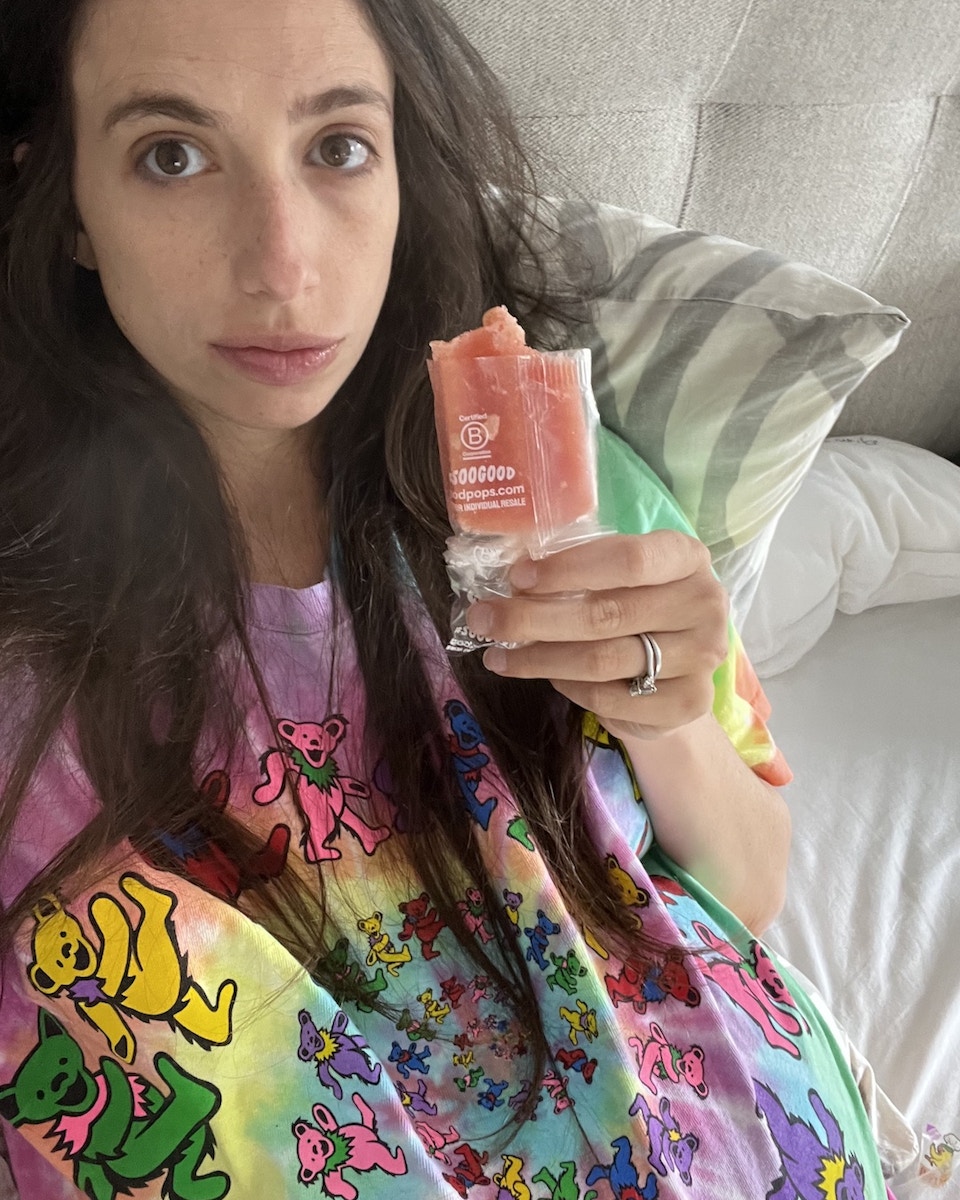
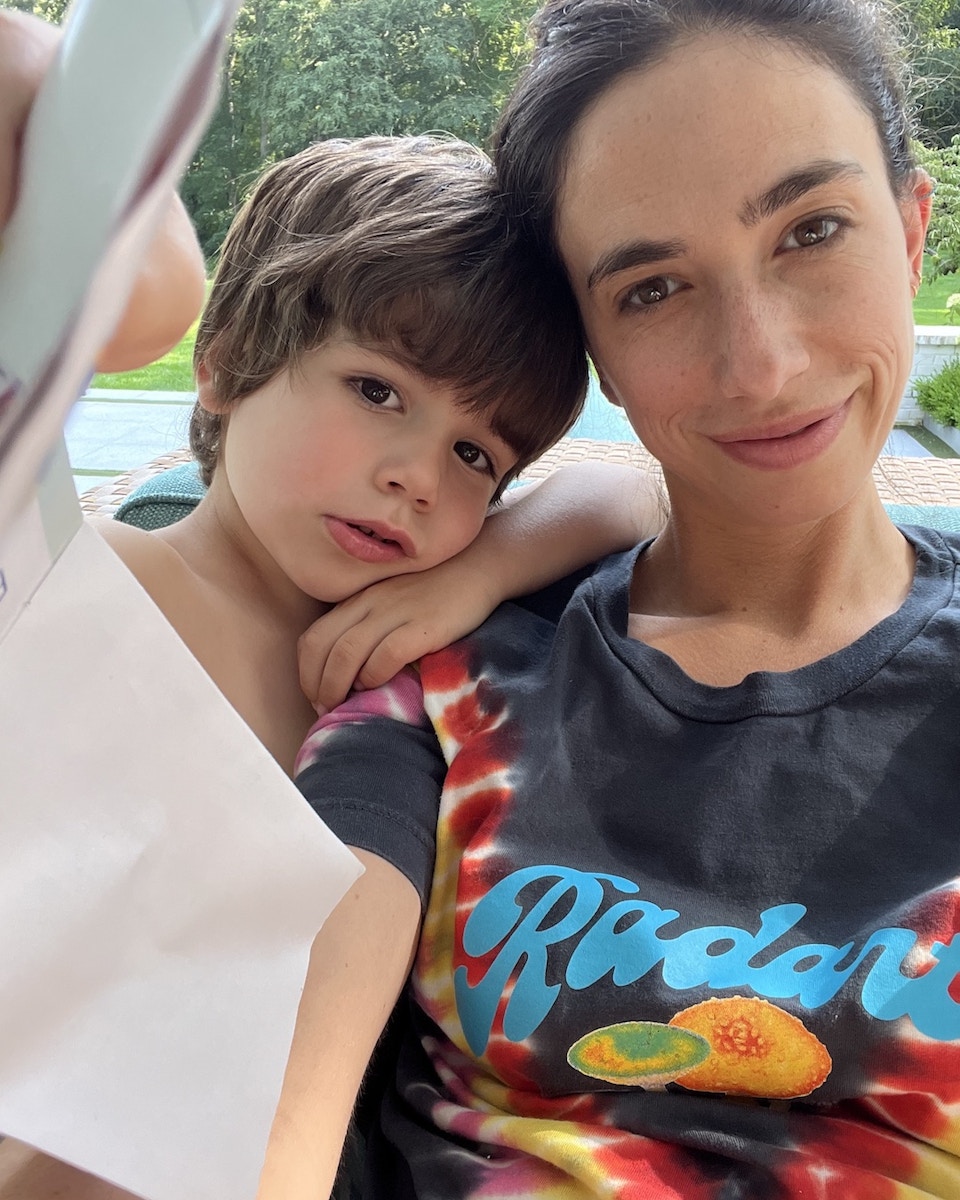
Jen, a lawyer living in the tristate area with three small children, has a full plate. Carving out a release for herself has become vital. Recreationally microdosing psilocybin mushrooms—her preferred method, and the method for many other moms, are chocolate bars—has almost entirely replaced drinking, “One thing about my personality is that I'm just very tense,” she explained. “I’m always thinking: ‘Okay, where are we going next? What do we need to pack and clean up before we go?’ I'm honestly not very present.”
Microdosing mushrooms shuts down that side of her and allows her to be relaxed and in the moment. “There’s an undercurrent of joy and connection, especially when I take it with our friends or my partner,” Jen said. “I can be emotional but not in a way that brings me down. I can sort of see above it all.”
This theme surfaced in many conversations: psychedelics don’t make your problems disappear but they help women gain a new perspective from which to view them.
Research on psychedelics is growing, with early studies suggesting they can promote emotional resilience and reduce depression. Recent studies have even shown that psychedelic assisted therapy can alleviate symptoms of postpartum depression and increase maternal bonding. “I've seen that, especially with postpartum experiences of depression and trauma, psychedelics can be really helpful in disentangling these feelings of, ‘I'm a bad mom because of all these things,’ and be able to kind of zoom out and have compassion for yourself at how difficult what you've been through is and why you might be having feeling so low after birth” says Natalie Ginsberg, the Global Impact Officer at the Multidisciplinary Association for Psychedelic Studies and a licensed social worker.
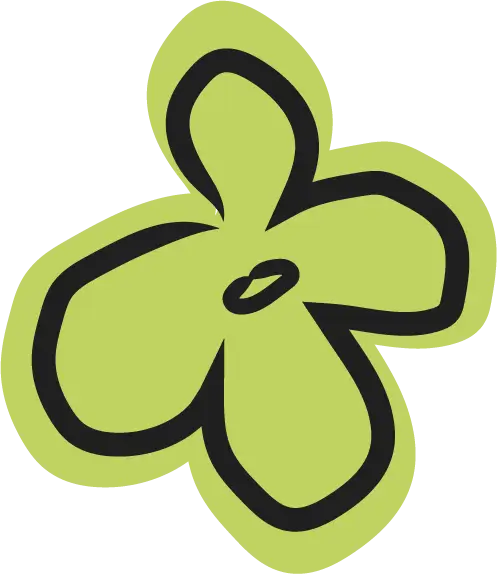
"With postpartum experiences of depression and trauma, psychedelics can be really helpful in disentangling these feelings of, ‘I'm a bad mom because of all these things,’ and be able to kind of zoom out and have compassion for yourself at how difficult what you've been through is and why you might be having feeling so low after birth."
Being part of the world means being inundated with terrible news at all times. Our country is hostile to parents. Mothering is full-on in the best of circumstances. The changes we undergo on the path to parenthood are so large and wild, and the ability to re-connect with others as well as ourselves is crucial. Writer Jia Tolentino draws a fascinating parallel between using psychedelics and the very act of having children. In an interview with Ezra Klein, she said both enact a “real, lasting, kind of destabilizing, kind of boundary-dissolving pleasure in it that it scares me in the way that true pleasure kind of does.” The two experiences, she said, precipitate an ego death; a total melting of self.
To be sure, any parent who has used a public restroom with a handsy toddler or on the flipside, heard their baby laugh for the first time, a sound so magical it must be divine, has had an ego death, too. No shrooms necessary.